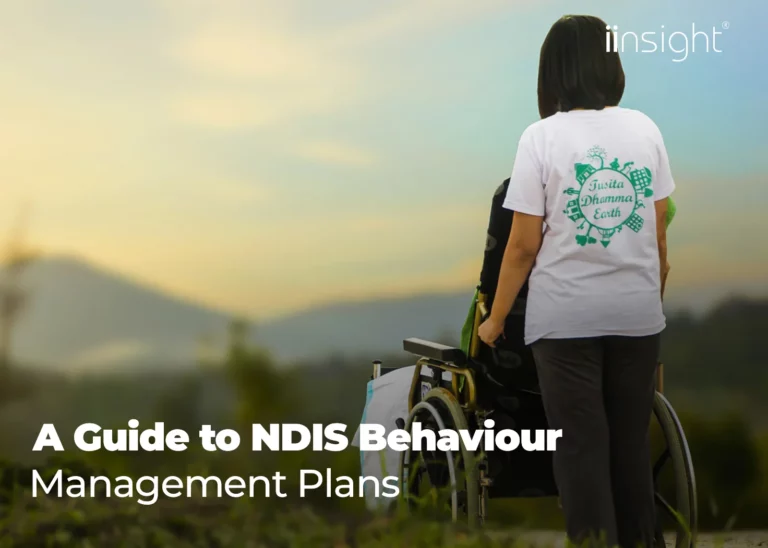Any business or organisation with an online presence needs to be clued up on search engine optimisation and the various SEO terms that relate to it. The same goes for allied health practices. Learning new terms and meanings can feel like you are learning an entire language! This glossary of key terms will hopefully alleviate any confusion as you venture into the world of search engine optimisation.
Glossary of Key Terms
Search Engine Optimisation (SEO)
Let’s start at the crux of it all. What is search engine optimisation and why is it important? SEO is when you optimise your website and its content so that it shows up organically on search engines such as Google or Yahoo. You make use of keywords, key phrases, and various other techniques that take advantage of the search engine’s algorithm.
Search Engine Results Page (SERP)
This leads us to the search engine results page. This is the page that search engines like Google display when a person looks something up. The search results are sorted according to relevance and it includes images, paid advertisements, and videos. With 39% of consumers influenced by a Google search, it is important to stand out as best you can among other websites on the SERP.
Keyword
These are words or phrases that a website owner targets to improve the chances of their website appearing on a relevant search. Keywords can be topics or questions. They are, essentially, terms that the average individual is likely to type into a search engine.
For example, a website might be offering products and services such as case management software. You would then use words relating to this software in an article or on a webpage. The goal is to increase the likelihood of that article (and thus your website) appearing on a relevant SERP.
Keyword Density
How many times is a keyword mentioned in an article? The number of times you use a keyword in relation to the length of an article is called keyword density. You want to use the keyword or phrase a few times, but you also don’t want to overuse it. Ideally, the keyword density should be around 0.7% of the entire body of text.
Link Building
This is an important part of SEO and involves quite a bit of collaboration. Link building is the process of getting other websites to feature links to your website. This helps to improve SEO and leads to greater visibility on a SERP.
You can try link building by reaching out to relevant companies that are not in direct competition with you. Have them include links to your website and you can help them by including links to theirs. You could also reach out to bloggers or influencers that have a big social media presence. You could also pay for sponsored content to encourage people to click on your website.
Pay Per Click (PPC)
The final phrase in this glossary of key terms is “Pay Per Click”. This is a kind of advertising where you pay a small amount of money for a certain number of people to click on your advertisement.
PPC is available on social media platforms like Facebook or even search engines like Google and is a key digital marketing strategy. However, you should avoid relying too heavily on paid advertisements. A healthy combination of SEO and PPC can result in greater visibility and interactions on a SERP.
Final Thoughts
This SEO glossary includes only a handful of terms and concepts that will help you to improve your online presence and encourage users to interact with your website. There is a significant amount of information out there that can help you to gain better visibility on search engines.
With that said, this glossary of key terms is the start of building up your SEO to give yourself the best chance to be seen among the hundreds and thousands of websites out there.














